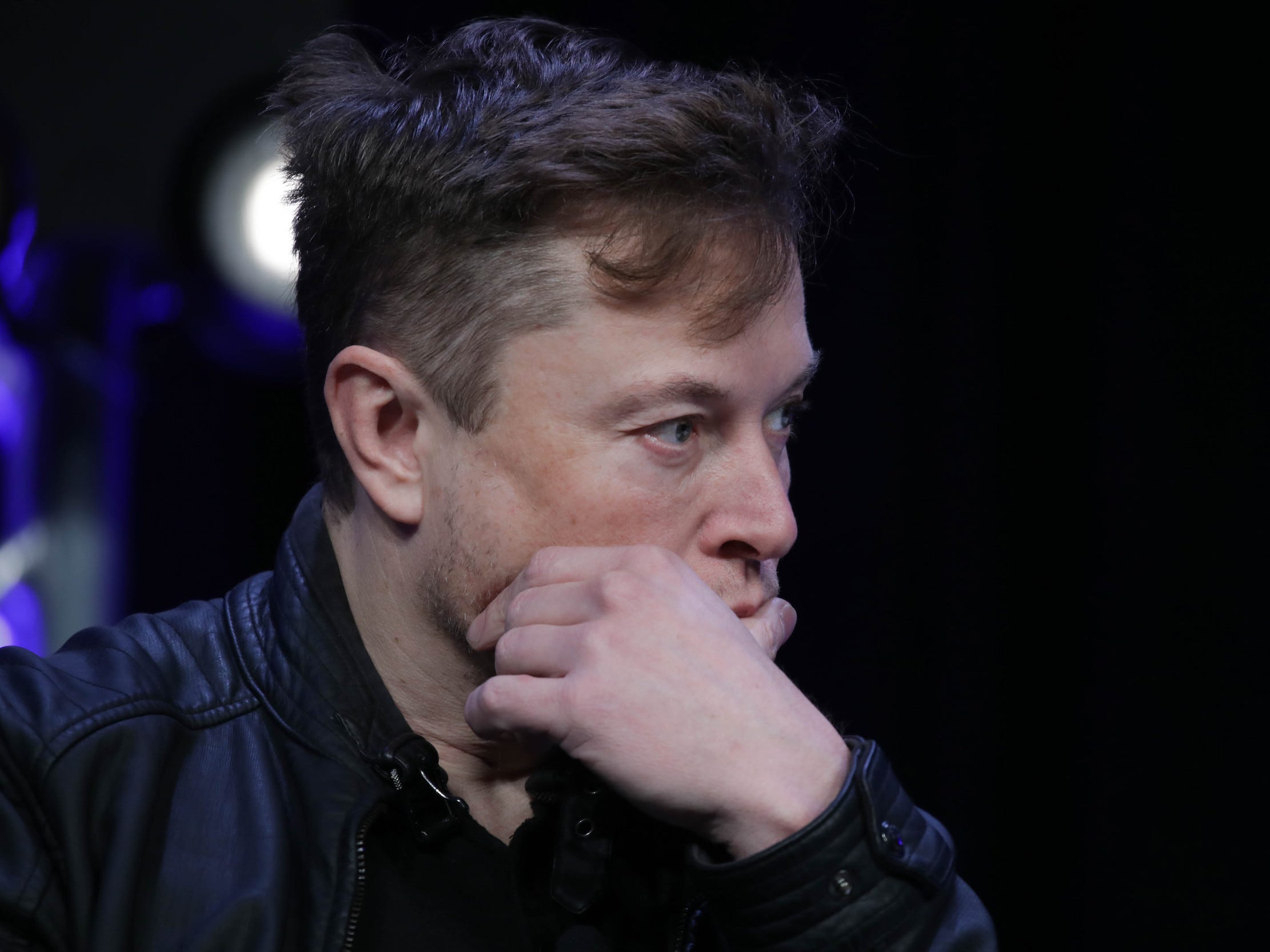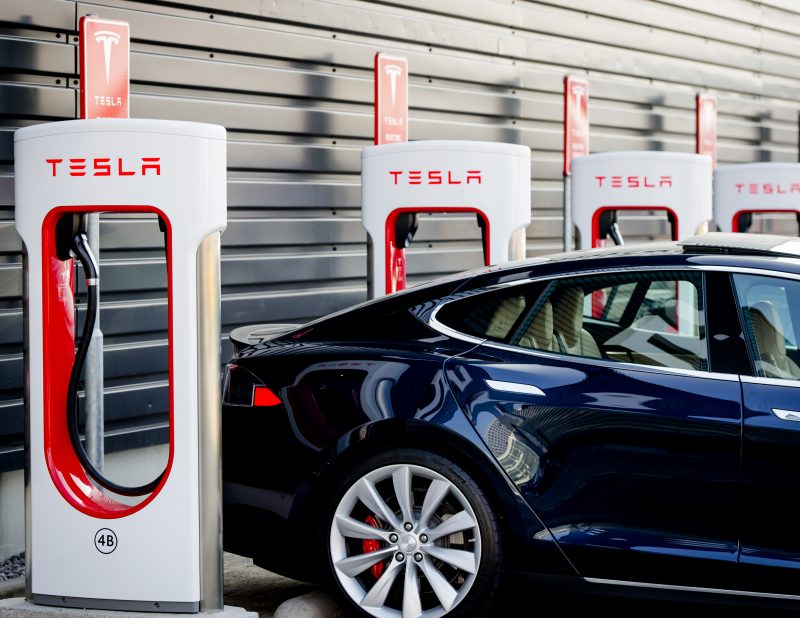
- The US Consumer Product Safety Commission is investigating Tesla's solar panels, CNBC reported citing a FOIA response.
- Several Tesla installations have caught fire on homes and businesses, including Walmart and Amazon facilities.
- In 2019, Walmart filed a lawsuit against Tesla after seven stores experienced fires.
- See more stories on Insider's business page.
The US Consumer Product Safety Commission is looking into several complaints of Tesla solar panel fires, CNBC first reported on Tuesday, citing agency documents it received through a Freedom of Information Act request.
Over the past few years, there have been multiple issues with Tesla's solar panels catching fire – from homeowners reporting entire roofs that have been consumed by fire to Amazon and Walmart claiming Tesla's product caused fires at multiple stores and warehouses.
The CPSC has already interviewed Tesla's former solar field quality manager, Steven Henkes, according to CNBC. A spokesperson for CPSC did not immediately respond to Insider's request for comment.
Henkes has been calling for Tesla to take action against fire risks associated with the solar panels for several years now – and alleges the requests eventually cost him his job. In Henkes' lawsuit against Tesla from November 2019, he said the company has been aware of the fire risks since the very beginning.
"Sometime in 2017 (if not earlier), Tesla became aware that defective and dangerous amphenol H4 Connectors had been installed in thousands of residential and commercial solar power systems by Solar City," his lawsuit reads.
Tesla entered the energy market near the end of 2016 when it acquired SolarCity. Tesla's energy sector installs solar panels on the ground, as well as roofs. Tesla's solar panels have been installed at over 60,000 houses, as well as over 500 commercial and government buildings, according to Henkes' lawsuit.
As Tesla's solar field quality manager, Henkes said he felt it was his job to keep customers safe, according to the lawsuit.
He filed a series of complaints with managers and attorneys at Tesla, calling for the company to inform customers of the safety concerns associated with its solar panels, but says he was forced to file formal complaints with the CPSC and US Securities and Exchange Commission when Tesla did not take action.
Henkes and his lawyer Robert Wallace did not immediately respond to Insider's request for comment, but Wallace told CNBC that defects in Tesla's solar-panel installations continue to leave customers open to potential fires.
"Consumers have not been adequately informed of the risks," Wallace told CNBC.
A Tesla spokesperson did not immediately respond to request from Insider for a comment, but the company denied Henkes' claims in a January court document.
In a January conference call, Tesla chief executive Elon Musk said the company's energy sector is "growing rapidly." Last summer, Musk said he thinks Tesla Energy will eventually grow to be as big as Tesla Automotive. The company does not break out financial figures for energy products.
Henkes is one of many to report issues with Tesla's solar panels. In 2019, several homeowners told Insider they experienced issues with the solar panels and had gotten little to no response from the company as they waited for Tesla to fix damaged panels. One homeowner's roof caught fire.
That same year, Walmart filed a lawsuit against Tesla, alleging that the solar panels had caused fires at seven stores, forcing the retailer to remove the panels from all 240 US locations. Walmart called the fires the result of Tesla's "widespread negligence."
"Tesla has also demonstrated an inability or unwillingness to remediate the dangerous conditions documented in its inspection reports," the complaint said.
Tesla solar panels also caught fire at an Amazon warehouse. A couple months later, Walmart dropped its lawsuit against Tesla, saying the two companies had come to a settlement outside of court.
In the summer of 2018, Tesla launched "Project Titan" to address and replace defective solar panels. The project was initiated in stealth mode, according to documents obtained by Insider.
"Project Titan" works to replace connectors and optimizers that could cause fires as they may regulate too much energy at once. At the time, Tesla said less than 1% of its connectors "exhibited any abnormal behavior."
Dit artikel is oorspronkelijk verschenen op z24.nl










